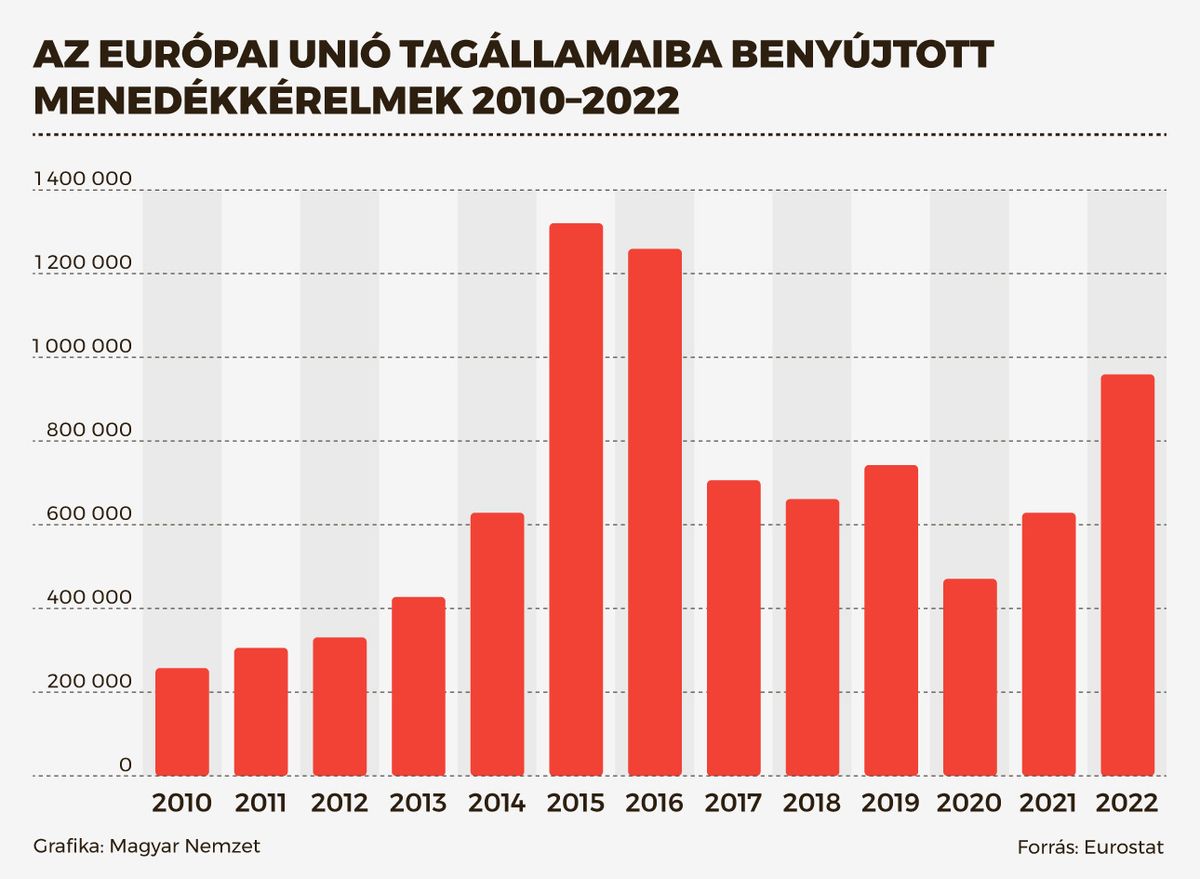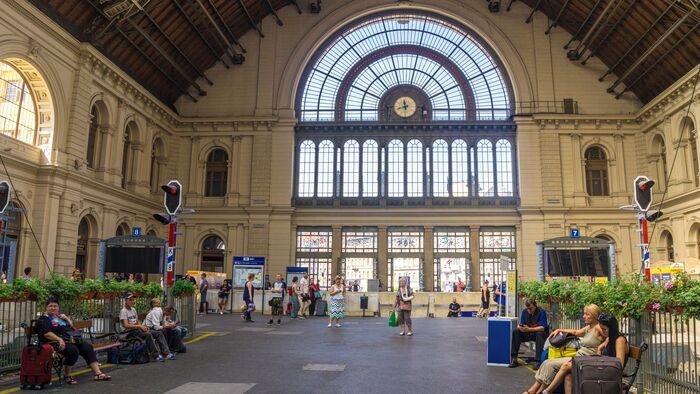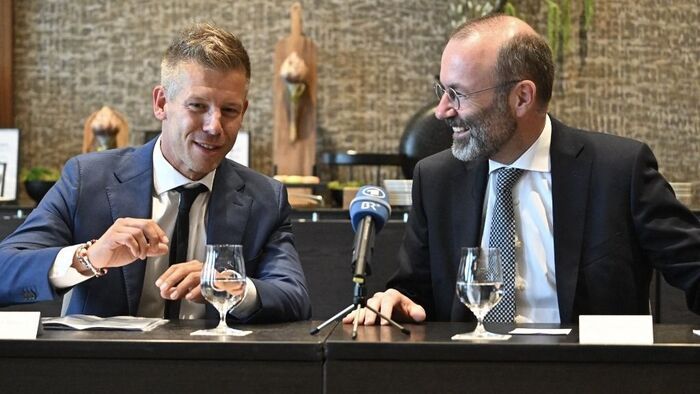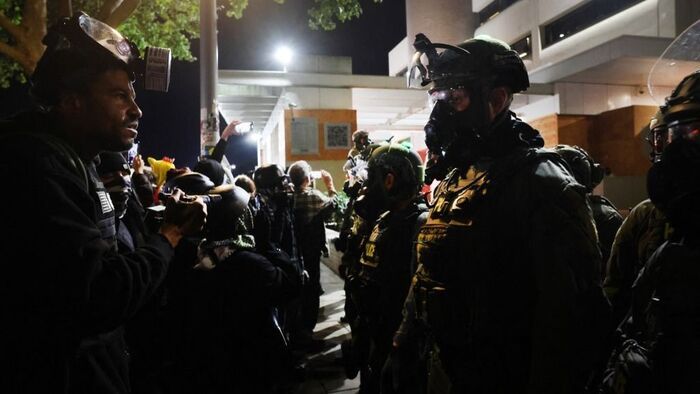According to a recent poll, the right-wing Alternative for Germany (AfD) party has overtaken the Social Democrats (SPD) and secured second place behind the Christian Democratic Union (CDU), writes the Euractiv news portal. A recently published poll by YouGov found that 20 percent of Germans would vote for the conservative AfD, which gives it a a one-percent advantage ahead of Olaf Scholz’s SPD (19%). CDU remains the most popular party with 28 percent. Right-wing AfD, an anti-immigration party that also rejects Brussels' sanctions policy, has experienced an unexpected surge in popularity in recent months, overtaking the Greens, another member of Mr Scholz’s three-way coalition, in mid-April.
The EU's migration package could help further improve AfD's position
The topic of migration has become much more important again, and when this topic is back on the agenda, AfD always surges in the polls,
the political scientist explained to Euractiv. Uwe Jun also pointed out that there is no majority among Germans in favor of the coalition government's liberal migration policies, adding that most are rather inclined to see a more restrictive position.
With this in mind, there is no question that the new migration package approved by the EU's interior ministers on Thursday - which imposes a mandatory migrant quota on member states - will serve to boost AfD's popularity even further. This is particularly true in light of the fact that, following the adoption of the package, the Green and Liberal members of Germany's ruling coalition expressed regret that the scheme of fast-track asylum procedures at the EU's external borders has remained. - Obviously, this is risky, because it could lead to the formation of larger camps at the borders, which creates a difficult situation from a human rights point of view," the MEP of the Social Democratic party said. The Greens were so displeased with the adopted package that some seven hundred of them wrote to the party leadership, threatening a revolution.























Szóljon hozzá!
Jelenleg csak a hozzászólások egy kis részét látja. Hozzászóláshoz és a további kommentek megtekintéséhez lépjen be, vagy regisztráljon!